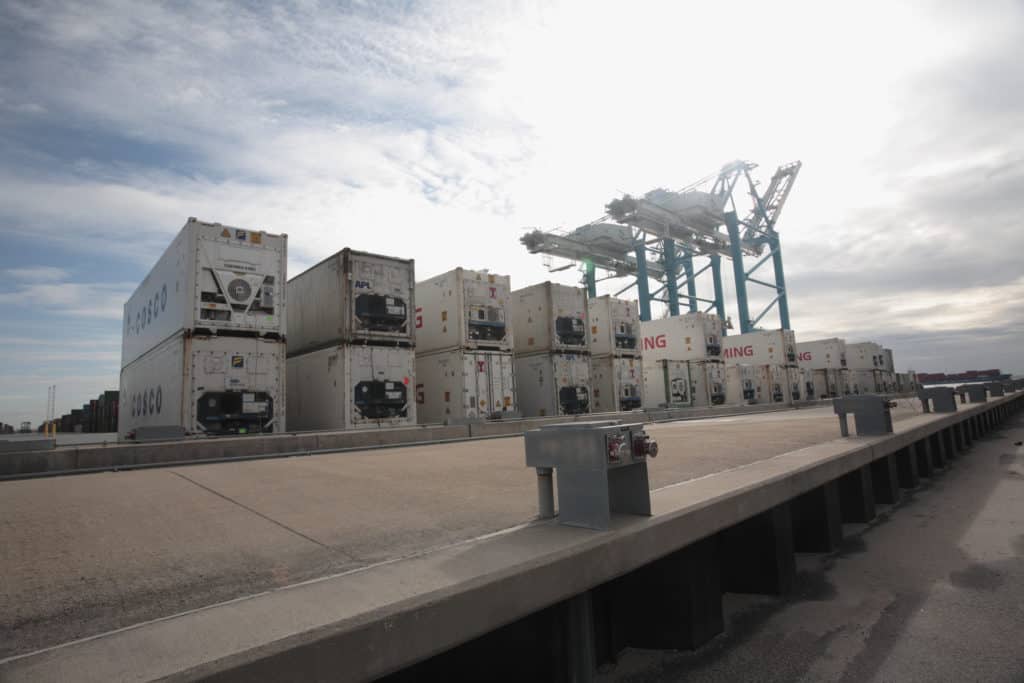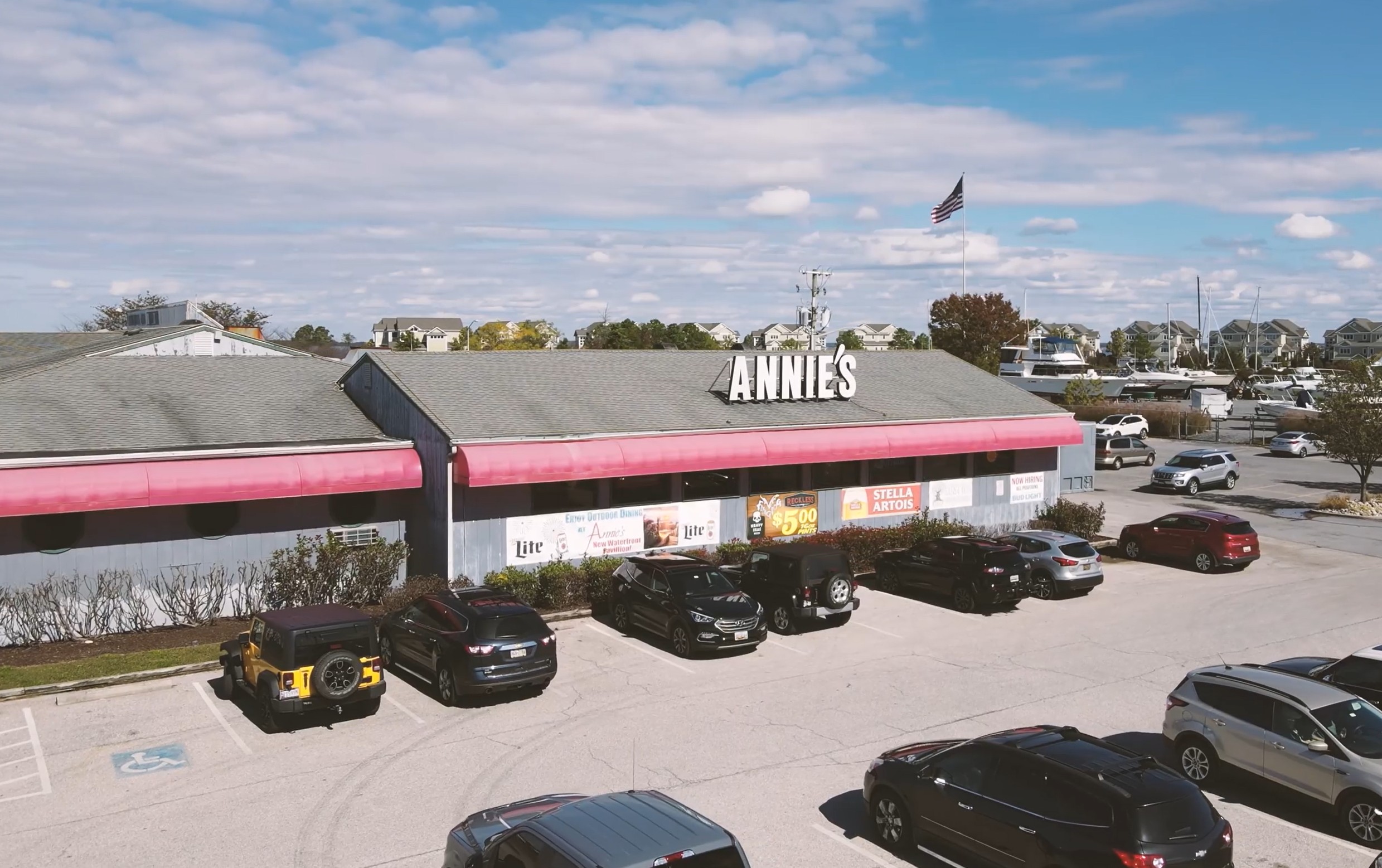The U.S. government has just approved the Port of Virginia to handle perishable fruits from South America for the first time, and that will allow the imported fruit we eat to be fresher than before.
The port announced it successfully completed the U.S. Department of Agriculture’s Cold-Treatment pilot program. Under the program, in 2017 the Port of Virginia began importing cold-treated containers of blueberries, citrus, and grapes from Peru; blueberries and grapes from Uruguay; and apples, blueberries, and pears from Argentina. All containerized refrigerated imports must complete a two-week cold treatment process as a safeguard against fruit flies and other pests.
The Port of Virginia is already the East Coast’s largest vegetable exporter, and with USDA approval, it can now get imported fruits to their destinations faster. Before, all such imports had to move across Northeastern ports for cold treatment and clearance before they could be shipped to southern states and distributed to stores.
“This is important for logistics and supply chain managers importing agricultural products because it means this cargo will get to its market more quickly,” says John F. Reinhart, CEO and executive director of the Virginia Port Authority.
Meanwhile, the port has just invested $700 million to expand its capacity to handle refrigerated (reefer) cargo at Virginia International Gateway and Norfolk International Terminals. Overall, the port will be able to handle 66% more reefer cargo.
The port’s Richmond Express barge, which links the Norfolk Harbor to Richmond Marine Terminal, will also be able to handle refrigerated cargo.
In addition to fresher produce with a longer shelf life, shoppers will see lower prices at the store because shipment costs will decrease. Virginia Port Authority spokesman Joe Harris tells Bay Bulletin, the imported fruit cargo approval could also generate new business opportunities in the area, like local cold-storage warehouses and distribution centers.
-Meg Walburn Viviano




